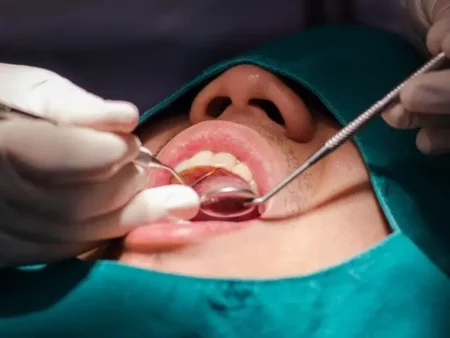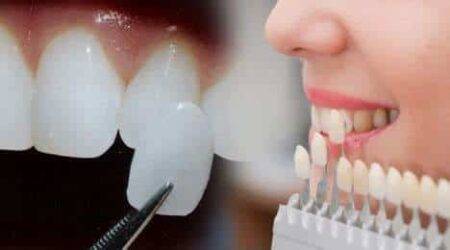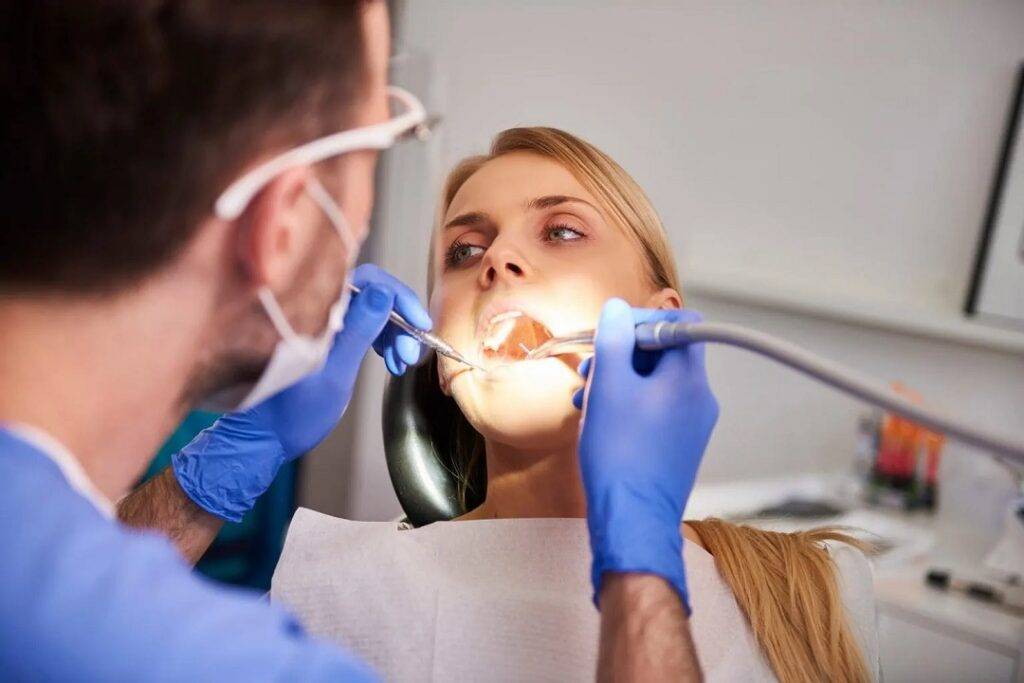Gone are the days when multiple dental issues were treated with extractions followed by dentures. People with numerous tooth and gum problems are often anxious about visiting their dentist for fear of expensive and extensive treatments. However, with advances in dentistry and modern, sophisticated techniques, it is now possible to improve oral health and restore teeth and gums’ form, function, and aesthetics. Full mouth rehabilitation, or an FMR procedure, is a comprehensive treatment used to rehabilitate teeth and gums and restore normal and healthy oral cavities.
Though it sounds complicated, an FMR combines various restorative dental treatments that fix your teeth and gum problems. If you are concerned about undergoing this treatment, here are a few things to help you research the procedure.
Things to Consider Before an FMR Treatment
If you are thinking of a full-mouth rehabilitation treatment, there are several essential things to consider before making a decision.

What does the procedure entail?
Before signing up for an FMR, it is essential to understand precisely what it entails. A full-mouth rehabilitation treatment may also involve addressing any underlying conditions or issues contributing to the patient’s dental problems.
This may include treating gum disease, correcting jaw misalignment, or addressing other health issues affecting teeth and mouth.
The corrective phase of an FMR treatment is followed by the restorative and cosmetic phase using devices such as
- Dental fillings
- Crowns
- Bridges
- Implants
- Dentures
- Laminates
- Veneers
- Orthodontics
Diagnostic Procedures Involved in the Procedure
Before undergoing full mouth rehabilitation, it is vital to undergo a thorough evaluation by a dentist or oral surgeon. This will involve taking X-rays, impressions, and other diagnostic images, as well as a detailed examination of the mouth, to assess the condition of the teeth and gums.
Understand the Possibility of Risks and Complications

As with any dental treatment, a full mouth rehabilitation treatment carries some risks, side effects, and potential complications. These may include:
- Infection: Dental procedures like root canal treatment, extractions, and fillings can introduce bacteria into the mouth, which can cause an infection. This is typically treated with antibiotics but may require additional treatment in severe cases.
- Pain and discomfort: Some patients may experience discomfort during and after the treatment, which can be managed with pain medication.
- Allergic reactions: Some patients may be allergic to the materials used in dental procedures, such as the local anesthetic or the cement used to bond a crown in place. In sporadic cases, this can cause a severe allergic reaction.
- Damage to existing teeth: In a few cases, the procedures involved in an FMR treatment can damage healthy teeth. For example, if a crown is not fitted correctly, it can apply pressure on the surrounding teeth, causing them to become loose or fall out.
- Failure of the treatment: In rare cases, an FMR treatment may not be successful in achieving the desired results. For example, a dental implant may fail to integrate with the jawbone, or a crown may fall out. In these cases, additional treatment or a change in treatment plan may be necessary.
- Long recovery time: Full mouth rehabilitation treatment is usually lengthy and may take several months to complete. Your mouth may need some time to fully heal after completing the treatment. This can be a source of discomfort and inconvenience for some patients.
It is essential for patients to carefully consider the risks and after-effects of a full-mouth rehabilitation treatment before undergoing the procedure.
Discuss these risks with your dentist or oral surgeon and weigh the potential benefits and drawbacks before deciding.
It is also important to choose a skilled and experienced dentist who can help minimize these risks and ensure the best possible outcome.
What Should You Expect From the Procedure?
Having realistic expectations about the outcome of your full-mouth rehabilitation treatment is important. While this treatment can have significant benefits, it is not a cure-all and will not necessarily solve all of your oral health issues.
Working closely with your dentist or oral surgeon to develop a treatment plan tailored to your specific needs and goals is important.
Financial Investment for the Treatment
One of the critical considerations for full mouth rehabilitation is the cost. This type of treatment can be expensive, and it is important to clearly understand the costs involved and any financing options available.
The exact cost of your full mouth rehabilitation will vary depending on several factors, such as the extent of the treatment you need, the type of procedures performed, and the location of the dentist or oral surgeon.
Besides the individual procedure cost, additional costs may be associated with X-rays, impressions, and other diagnostic tests, as well as the cost of any necessary follow-up care.
To help manage the cost of a full mouth rehabilitation, many dentists and oral surgeons offer financing options, such as payment plans or financing through third-party lenders.
It is important to discuss these options with your dentist or oral surgeon to determine what is best for your financial situation.
Overall, it is important to consider the financial implications of a full-mouth rehabilitation carefully and to clearly understand the costs involved before making a decision.
Key Takeaway!
In conclusion, full-mouth rehabilitation can significantly improve oral health and quality of life. By carefully considering the factors discussed above, you can make an informed decision and ensure that you receive the best possible care.





